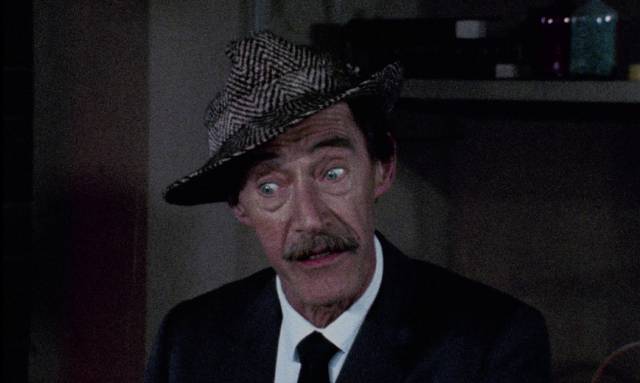
Yet more notes on recent viewing, featuring horror – both high and low end – some documentaries and action movies, gritty realism and slick fantasy … eclectic and somewhat random.
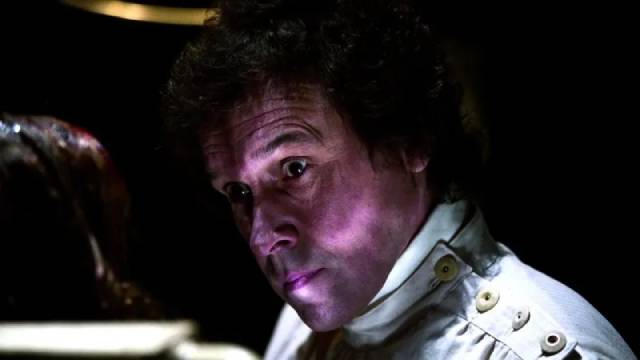
A few more of the movies I’ve been watching this Fall – the feature-length versions of Robert Rodriguez and Quentin Tarantino’s Grindhouse homages; David Fincher’s breakthrough thriller Se7en; David Wickes’ two-part TV movie about history’s most famous serial killer Jack the Ripper; Chuck Norris tackling an army of terrorists single-handed in Joseph Zito’s Invasion U.S.A.: John Carpenter’s disappointing remake of Village of the Damned; William Malone’s stylishly confused on-line thriller fear dot come; and Maurice Devereaux’s effective low-budget horror about the Biblical apocalypse End of the Line.
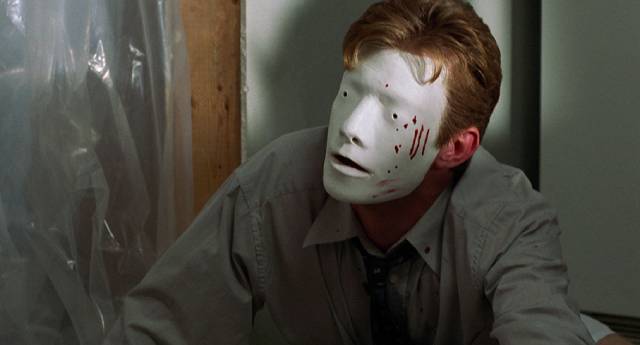
Recent viewing includes a mix of horror, sci-fi and social commentary, from George A. Romero’s Bruiser (2000), about an office drone whose social invisibility enables him to exact revenge on his abusers, to a pair of Mexican Gothic fantasies about a vampire count; from an Aussie Indiana Jones rip-off to late effects artist David Allen’s passion project The Primevals, left unfinished at his death in 1999 but now completed by his friends.
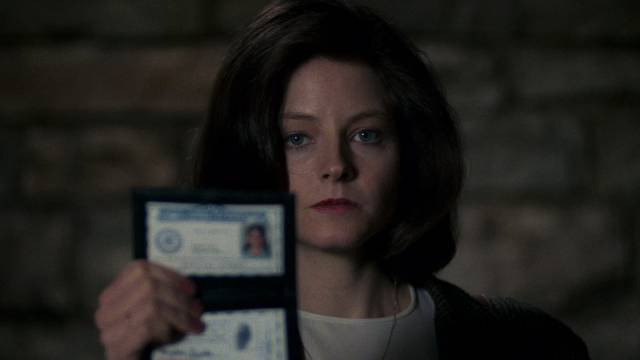
A pair of Jonathan Demme features and several box sets are among my Fall movie watching, featuring various genre titles ranging from the Hollywood prestige of The Silence of the Lambs (1991) to the cheap regional horror of Doug Robertson’s HauntedWeen (1991), early ’70s Brit exploitation including Jack Palance sacrificing women to an African idol in Freddie Francis’ Craze (1974) and four Lucio Fulci and Umberto Lenzi made-for-television ghost stories in Cauldron’s Houses of Doom collection.
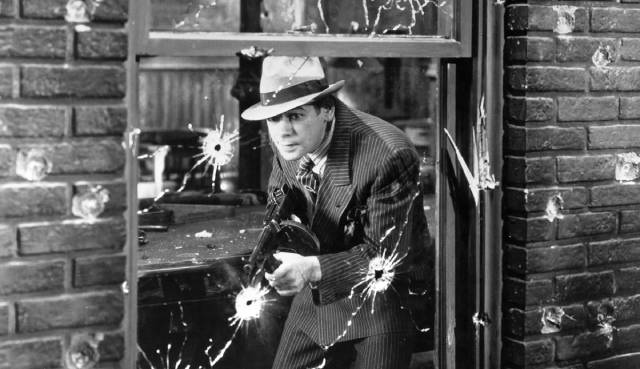
Howard Hawks’ Scarface: The Shame of a Nation (1932), newly restored in 4K and released by Criterion in a dual-format edition as well as a stand-alone Blu-ray, is in many ways the most modern of the 1930s gangster movies, filled with Paul Muni’s infectious energy as the ambitious Tony Cramonte, balanced by two string female characters (Karen Morley and Ann Dvorak), blending dark tragedy with streaks of comedy, and pushing violence as far as was possible in the years just before Hollywood established the Production Code.